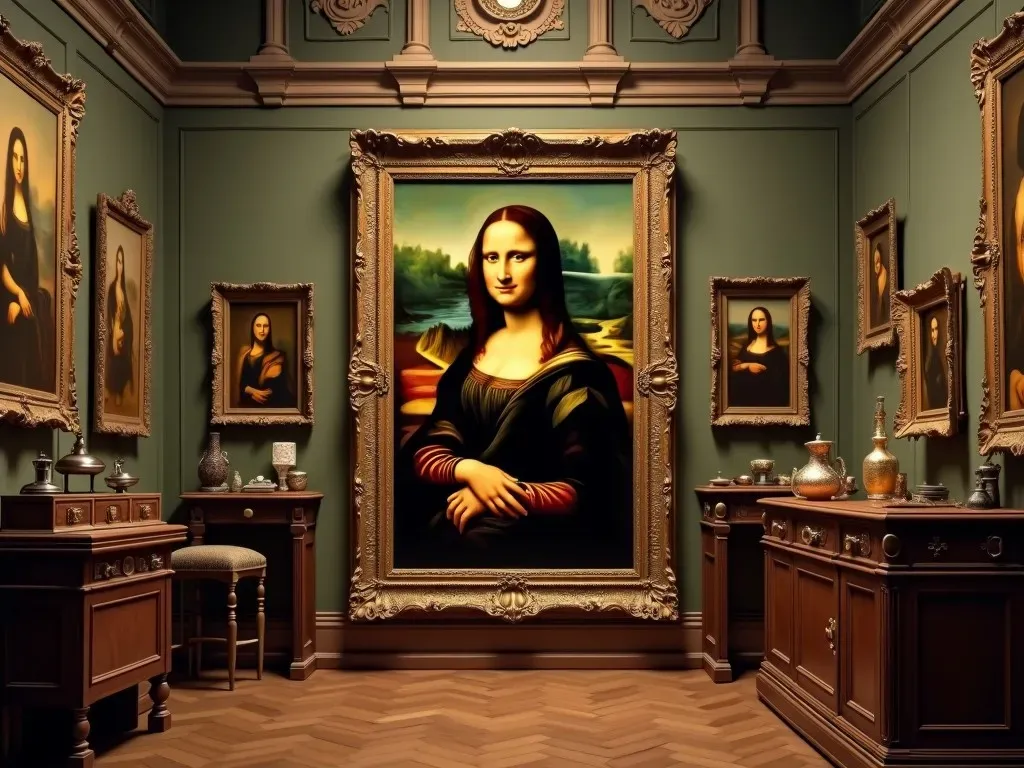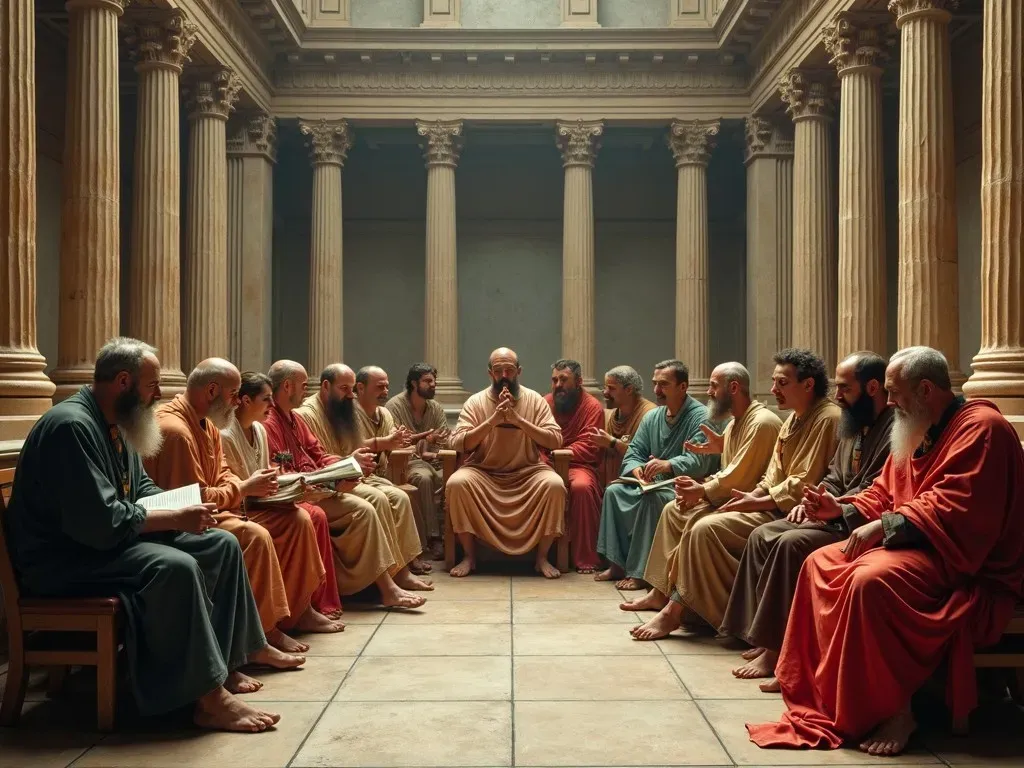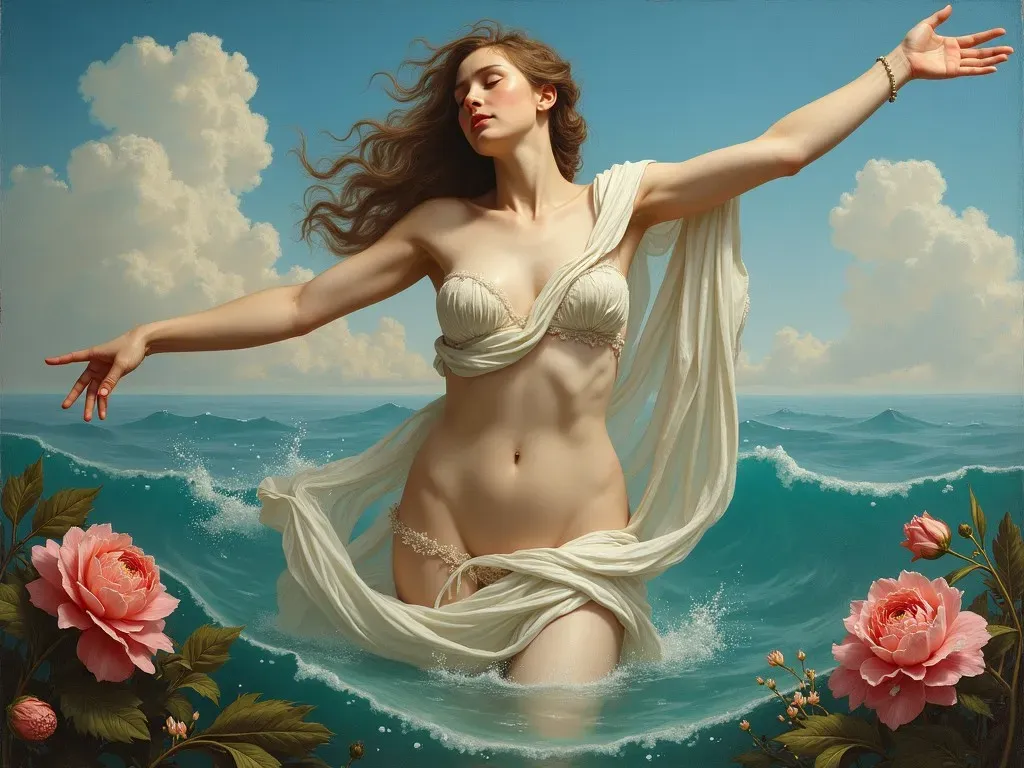Old Renaissance paintings encapsulate the artistic revolution that blossomed between the 14th and 17th centuries, characterized by the revival of classical learning and a new focus on humanism. This era, often referred to as the Renaissance, produced a plethora of beautiful and historically significant artwork that has endured through the ages, celebrated for its technical brilliance and profound emotional depth.
The Golden Age of Renaissance Art
During the Renaissance, artists pushed the boundaries of creativity, experimenting with Techniques such as linear perspective, chiaroscuro (the treatment of light and shadow), and anatomical precision. This period gave birth to some of the most recognizable and poignant pieces in the history of art.
Key Characteristics of Old Renaissance Paintings
- Humanism: A focus on human experience and the individual, moving away from the strictly religious themes prevalent in earlier medieval art.
- Naturalism: Aiming for an accurate representation of human figures and landscapes, artists studied anatomy and nature closely.
- Perspective: The introduction of linear perspective revolutionized spatial composition, allowing artists to create depth and dimension, making scenes more lifelike.
- Symbolism: Many paintings carried deep meanings, often incorporating mythology, religion, and cultural narratives.
Famous Artists of the Renaissance Era
| Artist | Notable Works | Lifespan |
|---|---|---|
| Leonardo da Vinci | Mona Lisa, The Last Supper | 1452–1519 |
| Michelangelo | The Creation of Adam, The Last Judgment | 1475–1564 |
| Raphael | The School of Athens, Sistine Madonna | 1483–1520 |
| Botticelli | The Birth of Venus, Primavera | 1445–1510 |
| Titian | Assumption of the Virgin, Venus of Urbino | 1488/90–1576 |
Noteworthy Old Renaissance Paintings
-
Mona Lisa by Leonardo da Vinci: Perhaps the most famous painting in the world, this portrait of an enigmatic woman captures the essence of the Renaissance’s fascination with individuality and beauty.

-
The School of Athens by Raphael: A monumental fresco that symbolizes the triumph of knowledge and philosophical thought, showcasing prominent thinkers from different eras in one harmonious setting.

-
The Birth of Venus by Botticelli: This ethereal painting represents the goddess Venus emerging from the sea, embodying both beauty and love – key themes of the Renaissance.

-
The Sistine Chapel Ceiling by Michelangelo: A landmark achievement in Western art, this work covers various Biblical scenes and highlights Michelangelo’s mastery of the human form.
Frequently Asked Questions (FAQs)
What distinguishes Old Renaissance paintings from those of other periods?
Old Renaissance paintings focus deeply on humanism, naturalism, and the revival of classical themes, differing from the predominantly religious focus of medieval art.
Who were the most influential figures in Old Renaissance art?
Influential figures include Leonardo da Vinci, Michelangelo, Raphael, and Botticelli, all of whom created iconic works that defined the Renaissance.
Can you name some other popular Renaissance paintings?
Other popular Renaissance paintings include:
- The Last Supper by Leonardo da Vinci
- Assumption of the Virgin by Titian
- The Creation of Adam by Michelangelo
What techniques did Renaissance artists invent?
Artists introduced techniques like linear perspective for depth, chiaroscuro for light and shadow, and sfumato for soft transitions between colors.
Cultural Impact of Old Renaissance Paintings
Renaissance paintings had a profound impact on future generations. They influenced art movements such as Baroque and Neoclassicism, setting standards for beauty, technique, and thematic complexity. Moreover, the paintings reflect the socio-political changes of the time, encapsulating a newfound appreciation for science, philosophy, and human experience.
Famous Renaissance Artworks Timeline
| Year | Artwork | Artist |
|---|---|---|
| 1503-1506 | Mona Lisa | Leonardo da Vinci |
| 1508-1512 | Sistine Chapel Ceiling | Michelangelo |
| 1511 | The School of Athens | Raphael |
| 1484-1486 | The Birth of Venus | Botticelli |
Notable Techniques Used in Renaissance Painting
- Foreshortening: This technique represented an object as receding into the distance, creating an illusion of depth.
- Sfumato: Developed by Leonardo, it allowed for a smooth transition between colors, achieving a smoky effect.
- Chiaroscuro: Emphasized contrast between light and dark to enhance the three-dimensionality of subjects.
The Legacy of Old Renaissance Art
The legacy of old Renaissance paintings extends beyond their aesthetics, as they timelessly capture the complexities of human emotion and thought. Today, these masterpieces are revered in museums and galleries worldwide, inviting millions to appreciate their beauty and craftsmanship.
Where to Explore Old Renaissance Paintings
For a deeper dive into famous Renaissance artworks, consider visiting:
- World History Encyclopedia’s Gallery of 50 Renaissance Paintings
- My Modern Met’s 20 Famous Renaissance Paintings
These resources offer comprehensive insights into the masterpieces that not only defined a period but fundamentally reshaped the trajectory of Western art.
By exploring old Renaissance paintings, you embark on a journey through history, unlocking the stories and emotions captured in each brushstroke.
